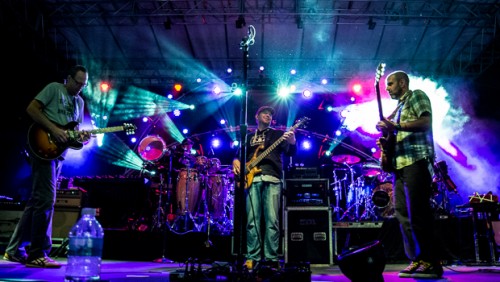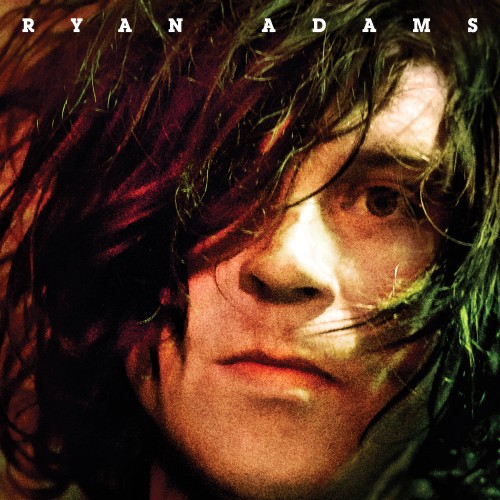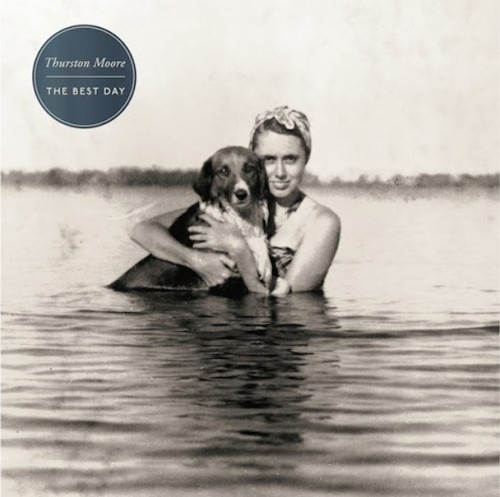By Michael Lello
Photos by Pati Bobeck
Bands like moe. don’t follow the album-tour-album-tour cycle. They are live acts first that happen to release studio albums. But their new album “No Guts, No Glory” has invigorated the five-piece Buffalo act, as evidenced last Saturday night at Mount Airy Casino, where the band played a fiery, tight (by jam band standards) and downright fun concert for its loyal Northeast corridor following.
moe.’s structure more than its sound is similar to that of the Allman Brothers Band or the Grateful Dead: the heart of the band is in the interaction between its two guitarists, and they play in front of an active rhythm section. When all of those elements are clicking, moe. can scale almost any height, as the group did at Mount Airy during a picture-perfect July evening.
 Charging out of the gate with the punchy “Tailspin” sung by guitarist Al Schnier, moe. steered into a taut transition, with Schnier switching to synthesizer, the jam melting into the Chuck Garvey-sung “Bullet.” The syncopated tune allowed room for the band to stretch out into another lengthy yet focused improvisation which visited straight rock, psychedelic, jazz and country before slipping into the slinky “lylelovet.” Garvey and Schnier traded fleet jazz guitar runs before bringing the song to a halt.
Charging out of the gate with the punchy “Tailspin” sung by guitarist Al Schnier, moe. steered into a taut transition, with Schnier switching to synthesizer, the jam melting into the Chuck Garvey-sung “Bullet.” The syncopated tune allowed room for the band to stretch out into another lengthy yet focused improvisation which visited straight rock, psychedelic, jazz and country before slipping into the slinky “lylelovet.” Garvey and Schnier traded fleet jazz guitar runs before bringing the song to a halt.
“Okayalright,” a straight-forward rocker sung by bassist Rob Derhak, was perfectly placed and brought Schnier to center stage for a solo. “The Road” found Schnier taking the lead again on a spiraling solo that went on and on but never lost its melodic direction.
The somewhat Caribbean, somewhat Dead-ish “Spaz Medicine” was well-played, including some wild Schnier soloing, and set up Derhak’s take on moe.’s rarely played version of J.J. Cale’s “Cajun Moon.” The short-and-sweet cover transitioned into “Down Boy,” which included some wide-screen jamming and ended the first set.
After a 40-minute break, moe. opened the second half of the show with “Paper Dragon,” which included a knotty, proggy bridge. The dark and anthemic “Cathedral” unfolded into a breezy then ambient jam and flowed into “She.” Schnier led the slightly tedious jam segment which flowed nicely back into the song proper.
“The Pines and the Apple Trees” was the first song played from the new album, and it was a nice palette cleanser although not a serious improvisatory vehicle, with Garvey playing 12-string acoustic guitar and Schnier on mandolin. The classic “Nebraska” was bouncy and fun, while “Do Or Die,” from “No Guts, No Glory,” proved to be a surprising showpiece. Percussionist and multi-instrumentalist Jim Loughlin stepped to the front of the stage, playing marching band quad drums mounted to a harness. Loughlin’s percussion was on point all night and high enough in the mix so you’d notice.
 The serpentine “Rise” rode a Latin groove, with the underrated Vinnie Amico navigating the way from his drum set. Garvey played screaming slide guitar, before a mellower jam ensued. Garvey and Schnier then locked into an intricate guitar pattern, recalling 1980s era King Crimson. Technically still playing “Rise,” the jam then fluttered into quiet, amorphous, watery territory, with Loughlin playing electronic vibraphone and Amico playing jazzy drum patterns. The guitarists began playing heavy teases of the moe. jam warhorse “Rebubula” before blasting into the song full-on.
The serpentine “Rise” rode a Latin groove, with the underrated Vinnie Amico navigating the way from his drum set. Garvey played screaming slide guitar, before a mellower jam ensued. Garvey and Schnier then locked into an intricate guitar pattern, recalling 1980s era King Crimson. Technically still playing “Rise,” the jam then fluttered into quiet, amorphous, watery territory, with Loughlin playing electronic vibraphone and Amico playing jazzy drum patterns. The guitarists began playing heavy teases of the moe. jam warhorse “Rebubula” before blasting into the song full-on.
While moe.’s show to that point was a satisfying experience, the one box that was still unchecked was the massive jam piece, and the band delivered it with “Rebubula,” their equivalent to the Allmans’ “Jessica.” Powerful and joyous, the song went through its composed paces, drifted into some Pink Floyd-ish textures then slammed back into its main structure after Amico’s single snare hit. Garvey played some inventive melodies, then let fly an unhinged solo over punk beats. Schnier stood atop monitors as the always-pleasing song, as well as the second set, came to a triumphant conclusion.
An encore can be used to play a predictable hit song or offer bonus material, and moe. (which doesn’t have any bona fide hits, although it does have crowd favorites) did the latter, playing a beautifully rendered version of the Pink Floyd classic “Time.” Garvey sang lead, and where the original would have bled into “Breathe,” moe. instead played the first chord of “Breathe” and stopped emphatically. It left you wanting more music — and considering they had taken the stage more than three hours earlier, that’s a high compliment.




Leave a Reply